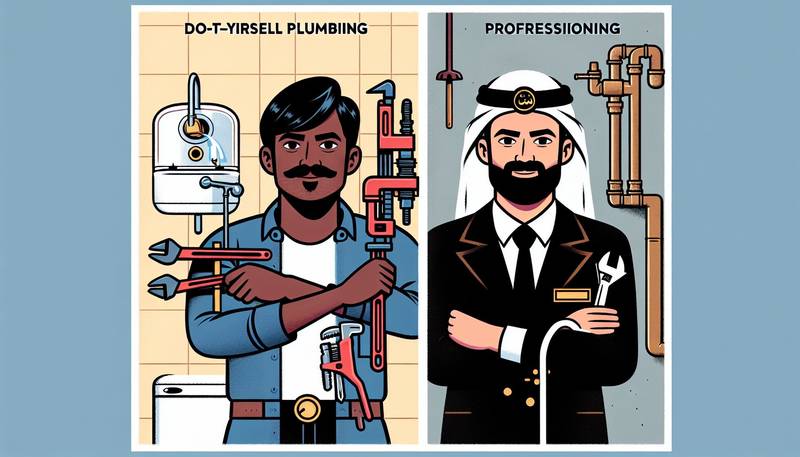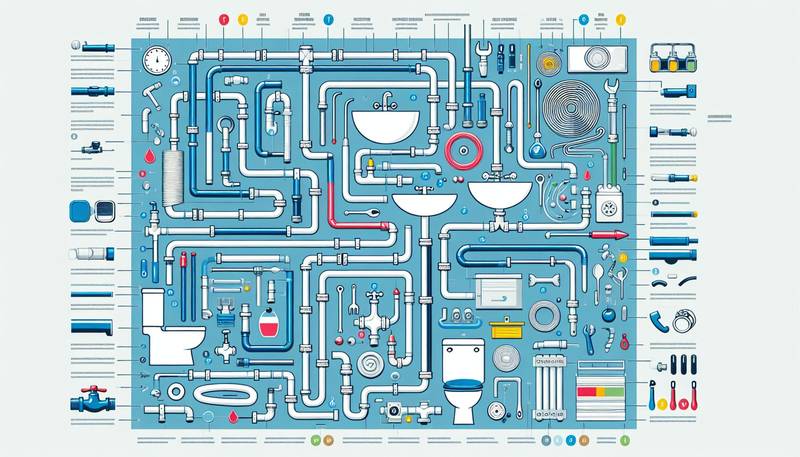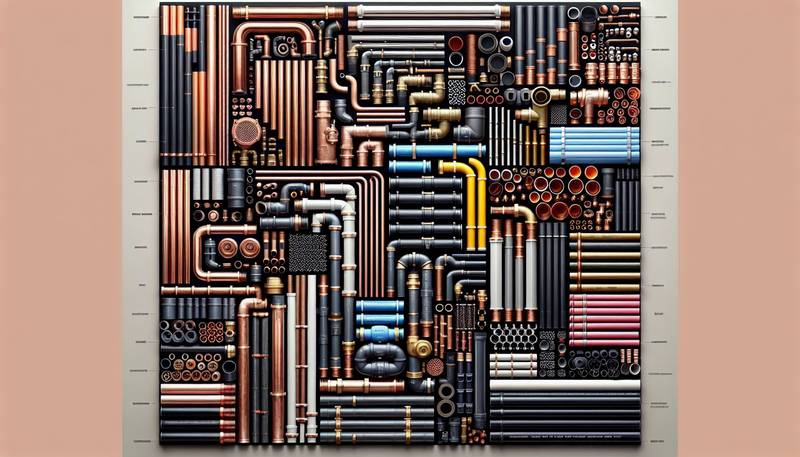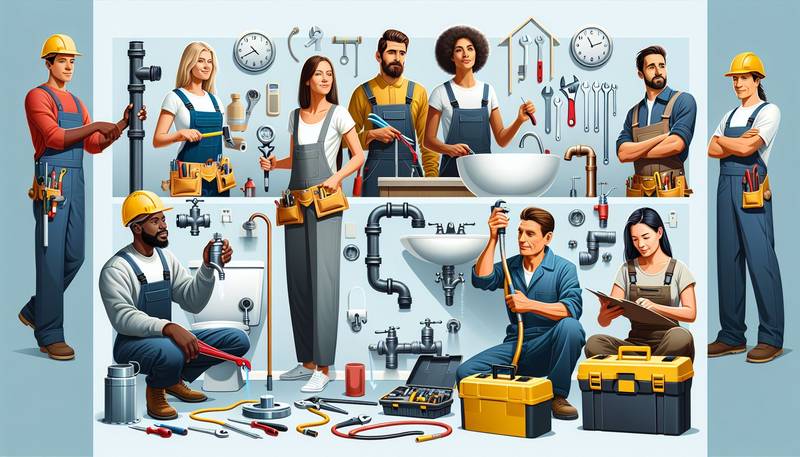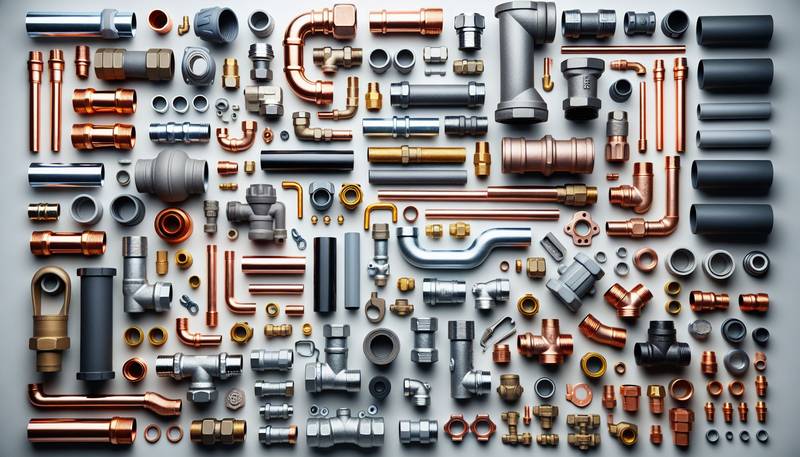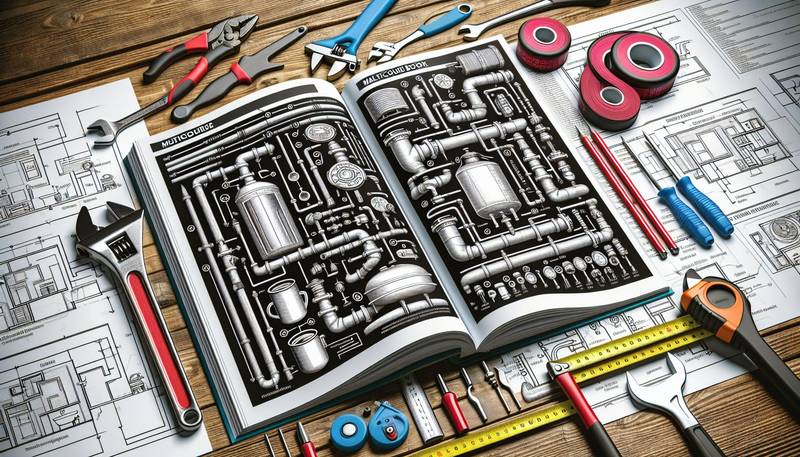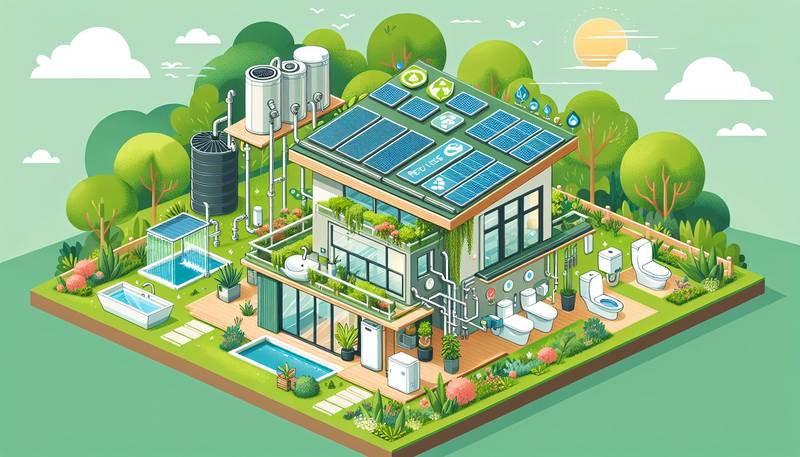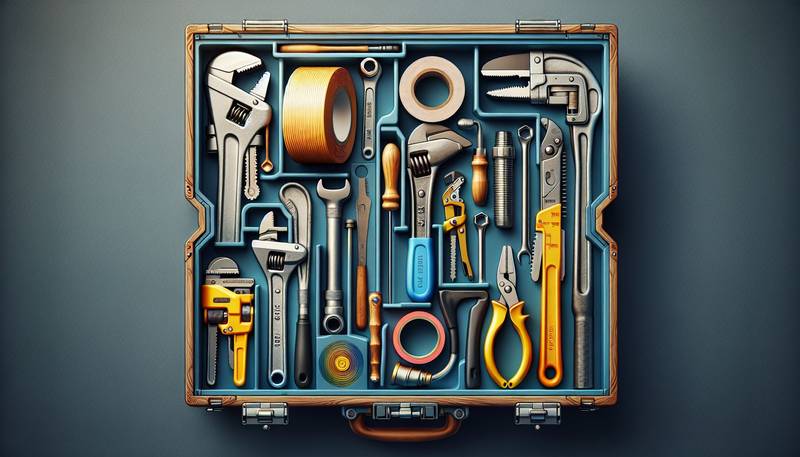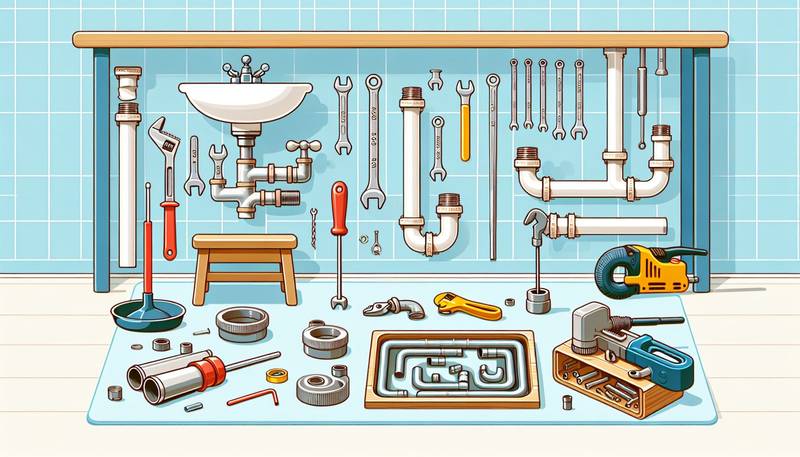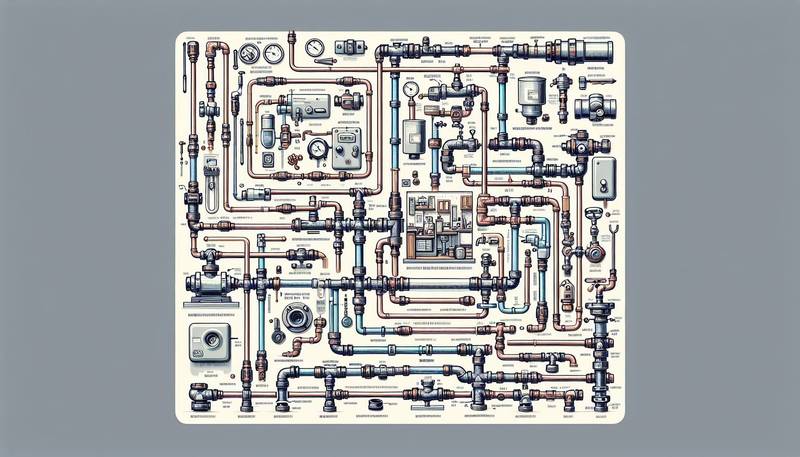DIY Plumbing: When to Do It Yourself and When to Call a Pro
In this article, we'll discuss some common plumbing problems, how to decide whether to DIY or call a pro, and some tips for successful DIY plumbing projects.
Common Plumbing Problems
There are several common plumbing issues that homeowners may encounter. These include leaky faucets, clogged drains, running toilets, low water pressure, sewer backups, burst pipes, and issues with water heaters. While some of these problems can be fixed easily with a little know-how and some basic tools, others may require more specialized knowledge and equipment. It's important to assess the severity of the problem and your own comfort level before deciding whether to tackle it yourself.
DIY vs. Professional
When faced with a plumbing problem, it's crucial to consider whether you have the skills, tools, and time to complete the job properly. Simple tasks like fixing a leaky faucet or unclogging a drain can usually be handled by a DIY enthusiast with some basic tools and a little patience. However, more complex issues like repairing a burst pipe or installing a new water heater may require the expertise of a professional plumber.
Signs You Should Call a Pro
There are certain signs that indicate it's time to call a professional plumber to handle a plumbing issue. If you're dealing with a major leak that is causing significant water damage, a sewer backup that poses health risks, or a problem with your water heater that could lead to scalding or other safety hazards, it's best to leave the job to the experts. Additionally, if you're unsure of how to proceed or if your DIY efforts have made the situation worse, it's time to call in a professional plumber.
Tips for Successful DIY Plumbing Projects
If you decide to tackle a plumbing project yourself, there are some tips to keep in mind to ensure a successful outcome. Firstly, make sure you have the right tools for the job, including a good set of wrenches, plungers, drain snakes, pipe cutters, and pipe wrenches. Additionally, take the time to research the problem thoroughly and watch tutorials online to ensure you understand the proper steps to take. It's also essential to know the location of your main water shut-off valve before beginning any plumbing work to quickly stop the flow of water in case of emergencies. And always prioritize safety by wearing appropriate personal protective equipment and following best practices to avoid accidents or injury.
Conclusion
In conclusion, DIY plumbing projects can be a rewarding experience and a way to save money, but knowing when to call a professional for help is important. By carefully evaluating the complexity of the issue, your own capabilities, and following the tips outlined in this article, you can approach common plumbing problems with confidence. Remember, safety should always be a top priority when working on plumbing projects, so don't hesitate to call a professional if you're uncertain about the task at hand. With a bit of knowledge and preparation, you can successfully navigate the world of DIY plumbing while also knowing when to seek expert assistance.
